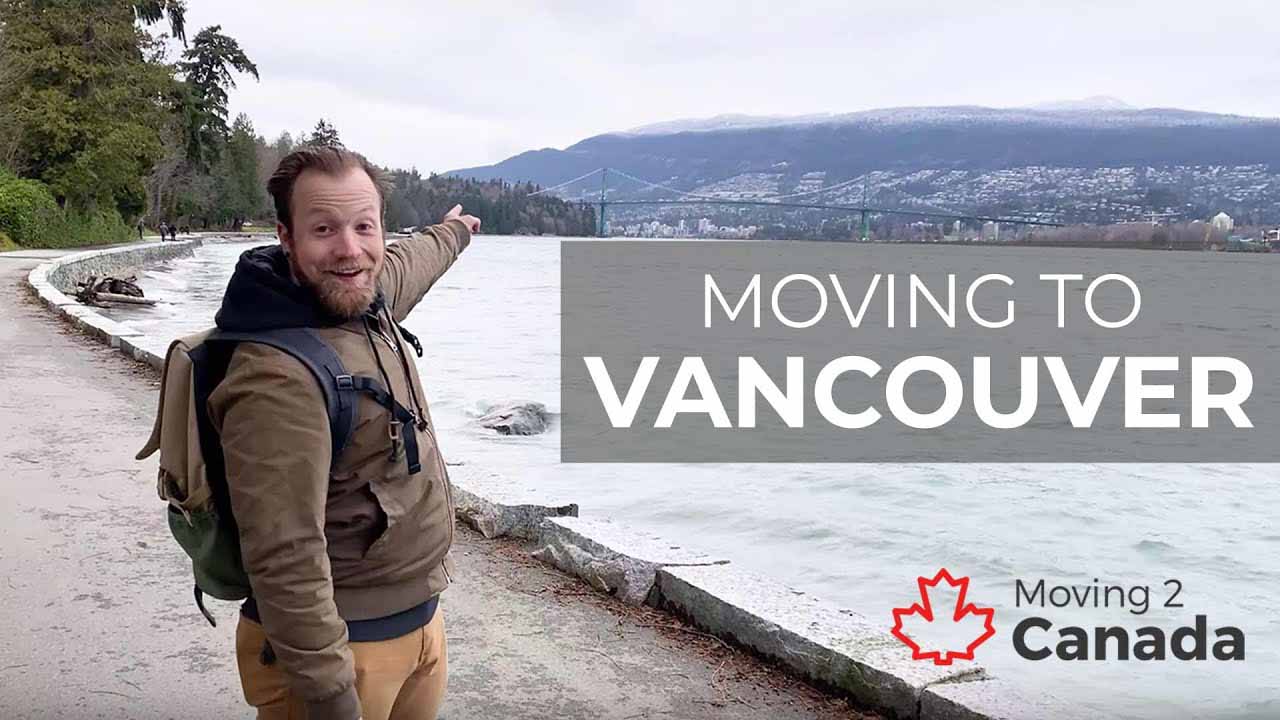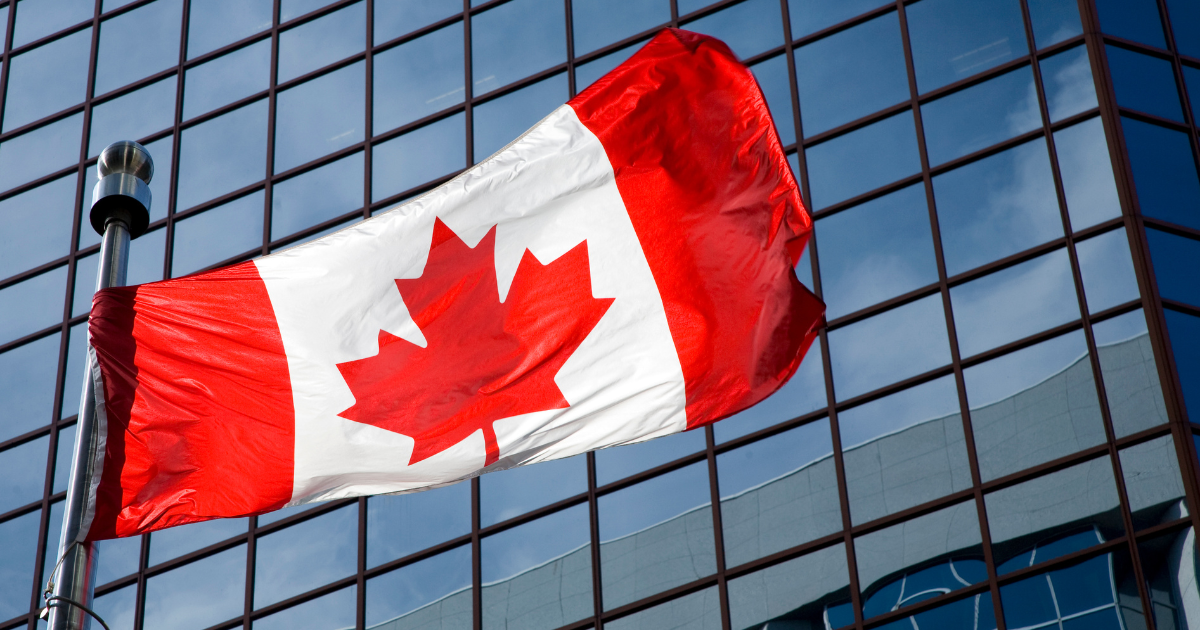Find the best immigration programs for you
Advertisement
Here are some tips and advice to help you if you're searching for hospitality jobs in Canada.
From downtown bars and cafes to mountainside resorts, Canada supports a thriving hospitality sector that has provided a livelihood for countless newcomers. This guide aims to point you — a newcomer to Canada or someone planning their move — in the right direction when it comes to being hired and making the most of your opportunity.
Hospitality jobs in Canada include jobs in bars, pubs, restaurants, and cafes, which together make up food and drink service, as well as jobs in lodging and recreation. That’s a pretty broad set of jobs, so feel free to skip directly to the section that interests you most.
What you'll find on this page
Food & drink service
If you want to get a job in a bar, restaurant, or cafe in Canada, there comes a time pretty early in the game when you have to close the laptop, get up off the couch, and start pounding the pavement with a stack of resumes. Yes, some jobs will be posted online in the usual places — Indeed and other job search sites — but most hiring in food and drink service is through good old-fashioned networking and having the confidence and know-how to present yourself in person.
But first, get your training
Most provinces require staff who serve alcohol to pass a basic online training program covering safety and best practices before they may begin working in the industry. This includes staff with prior experience in other countries. These courses typically take a few hours to complete and entail a nominal fee. Here are the relevant links: Ontario, British Columbia, Alberta, Saskatchewan, Manitoba, New Brunswick, Nova Scotia, PEI, Newfoundland. (Quebec does not require staff to have any certification.)
It’s a good idea to complete the program for your province before applying for jobs. Not only will you get a better understanding of how laws and regulations work, you’ll also appear ready to start work tomorrow (or tonight!) to prospective employers.
Once you have your resume ready and training complete, you’ve already taken some big steps towards getting a job at a bar or restaurant in Canada. Here are some tips to help you seal the deal:
Don’t approach the bartender or manager during a busy time of the day, such as the lunch rush (typically 12-2 p.m.) or post-work happy hour (5-7 p.m.). If the person whose attention you are trying to grab has a backlog of drinks to prepare or is otherwise distracted, they probably don’t want to see your resume right then and they will probably have forgotten about it by the time the rush is over. Try making your rounds around 3 or 4 p.m., when bars and restaurants are typically quieter. This will increase your chances of getting the right person’s attention right there and then.
Dress appropriately. Consider wearing a shirt, black pants or jeans, and clean shoes for men, or black pants and a sleeve top for women, with comfortable shoes (no need for heels). You should be comfortable, always. Don’t come straight from the gym without changing, and don’t wear a full business suit. Try to land somewhere in between.
Beyond dress, make yourself presentable. Wash your hands — that sort of thing. And, if you smoke, make sure you chew a piece of gum or suck on a mint before approaching someone for a job in a bar, restaurant, or cafe.
Know your first line before opening your mouth. Consider the difference between a nervous ‘Hello, I’m looking for a job. Are you hiring here?’ and a confident ‘Hi! I’m wondering if you guys are hiring? My name is Jessica, I’m new to town and I’ve experience working in restaurants. Can I show you my resume?’
Make eye contact, smile, and speak clearly, especially if you have a thick accent.
Be available. Employers in this industry hugely value having flexible, motivated staff who can fill a need at short notice. If you’re not available on specific evenings or weekends, your chances of being hired go way down.
Your potential employer should also be confident that, were they to hire you, you’d stick around a while. If your current work status is temporary or due to end soon, have a plan to deal with this ‘immigration risk’ in an interview situation, but only if asked about it. Don’t say something like ‘I have four months left on my visa and I hope you can sponsor me’ — that just sounds like a hassle to an employer. If you’re unsure about how you might be able to stay in Canada, check out this guide.
If you are available for any shifts at any time, you can add this fact to your resume. Your resume should be industry-specific (i.e. don’t look for a job in a bar with a resume titled Software Engineer or Geologist).
You may be offered a job that isn’t quite what you expected or asked for. For example, you may want a bartender gig but get offered some bussing shifts to start. Appreciate the opportunity, especially if you don’t have industry experience. Attitude counts for a lot.
Here’s a really important tip that the vast majority of in-person applicants forget: ask the person who you hand your resume to for their name and ask them how their day is going. Don’t forget that you are auditioning for a job.
A final thing to remember: soft skills are crucial to employers in this industry. These are your communication skills, personality traits, flexibility, motivation, and manners. The fact that you make an awesome cappuccino or know the difference between a regular martini and a dirty martini is just a bonus.
Enjoying your job, fitting in, and getting better shifts:
If you work in a pub, the same cast of characters will come in often. These are your regulars, and ultimately they will help you pay your rent and keep you fed, so be nice to them no matter how boring, or even strange, they may be. If they are chatty, their interests are also your interests while they are at your bar or in your section.
Bob is a single guy, works locally, and comes in for lunch at least twice a week. He plays golf. Martha and Florian are a couple who own an RV and go on regular trips. They come in on weekends and usually stay through the evening. Then there’s the group of half-a-dozen or so office workers who go big on Fridays after work and stick around until last call.
You may not particularly like golf, and those RV vacations may sound duller than the dishwater in the kitchen, but it’s in your interests to at least humour your regulars and make them feel appreciated in your workplace.
Hiya Bob, did you get a round in this week? Great weather for it!
Have you guys planned a trip for winter? Where was it you went last year?
You get the picture.
As for the Friday night office crowd, they may just want to be left alone as long as the rounds keep coming. The important thing is to read the room and tailor your approach to each set of customers, while still being you. Your regulars will take a liking to you and feed that information to your manager or supervisor, who will take note of this when it comes to making the shift schedule and promoting from within.
As for your interactions with your new work colleagues, you may find that — just as in other industries — things can get cliquey. Try to stay out of any office politics, especially early on, until you have a handle on the basic facts, the personalities involved, and “the way things work around here”. Build up favours; if someone asks you to cover their shift, say yes if you’re available. There will come a time when you will be the one asking for the favour.
If you’ve had a bad day, week, or month, leave any negative vibes at the door before beginning your shift. Remember that your clientele is here to have a good time, enjoy a meal, or relax and unwind, and your role is to facilitate that. If you are having a truly awful time in your personal life, such as due to a family bereavement, you should feel comfortable requesting some time off, even at short notice. Most people, and most employers, are very understanding of situations like this, and your colleagues may appreciate the opportunity to earn some extra cash by covering your shifts. Whatever you do, don’t take out your anger, frustration, or personal disappointments on your colleagues or, worse, your clientele.
If you fancy a longer-term role in the business, take note of the suppliers and providers that keep things ticking over, and get on first-name terms with them: the guy who comes to fix machines when they’re broken, the team that delivers new inventory, etc. Get an idea of who brings what, what goes where, when things happen, and how it all fits together. Understanding the business is crucial if you want to level up.
Lodging
Lodging and accommodation jobs in Canada go way beyond the front desk and general upkeep of the place. A cursory look at the careers sections of hotel chains, for example, brings up job descriptions for security personnel, chefs, a whole range of tradespersons, financial professionals, and for people in sales and business development, among others. If you’re looking for a skilled professional role in one of these areas we recommend that you follow our tips on Canadianizing your resume before applying.
However, you might be looking for the sorts of client-facing roles that are more casual or shift-based. These roles include front-of-house reception staff or in an on-site fitness club or spa. If you have experience in similar roles already, great! But, if you don’t, many hotels, resorts, and other accommodation services are simply looking for competent people with decent social skills who can make others feel at ease. Employers know that basic skills can be learned, but enthusiasm and a passion for service is something that is far more difficult to teach. And in this industry, it’s the name of the game. Hospitality is all about customer service, thinking on your feet, and making sure that guests enjoy their experience and keep coming back.
Here are some tips for applying for a job at a hotel in Canada:
- Tailor your resume to the job you are applying for. Read the job description and identify some keywords. Try to target some of these keywords and use the language the employer uses. For instance, if they refer to “front desk staff” instead of “reception staff”, you should too. Our Canadian resume guide is full of great tips like this.
- Identify your transferable skills. In a previous life you may have been a secretary, retail clerk, accountant, bartender, teacher, nurse, or stay-at-home parent. If you’re newly graduated, you can use what you learned on your summer jobs or school projects to show you’re a team player, can follow directions, take initiative, interact with people from different cultures and backgrounds, and be a reliable team player. We all have transferable skills if we look hard enough to find them.
- Use your personal network. If you don’t have a network in your new home city, start building one. Leveraging where you’re from is often a good way to start, as people love helping out others from the same country or city of origin.
- Speak another language? Tell people! In this industry, bilingualism or even multilingualism is a major asset. Employers value having a diverse staff that can connect with customers in the language they are comfortable in, and while that may mean that French, Spanish, and Mandarin are highly valued, other languages are too.
Recreation
What do we mean by recreation? Well, it’s all those places and environments that provide amusement, fun, rest, and exhilaration — all that good stuff. There are some obvious examples that fit the Canadian context, ski resorts being one that immediately jumps to mind. But, recreation jobs are also found on golf courses and in national parks, as well as camps, museums, festivals, fitness, and much more.
- If you are bound for Whistler, BC, check out our insider guide on finding work in Whistler. Many of the same tips apply for people moving to other resort destinations.
Many employers in these sorts of areas love hiring newcomers. These workers (you!) bring a fresh perspective to the workplace, plus if you are multilingual you may be even more of an asset to the team. Many of these jobs require strong communication skills in person, over the phone, or digitally.
Most people, when they put their mind to it, can tweak their resume enough so that they look appealing to an employer. Even if you have spent most of your working life so far at a desk in front of a computer or out on a farm far away from other people, there may be aspects of your work or life experience that are interactive, whether that’s in-person or digital. Play these up. Our resume guide for Canada will help you shape your resume to fit the specific role you are applying for.
Job fairs are a great way to find your dream role in Canada. They are usually run at least once per year by the major employers in cities across Canada, and typically require registration in advance. A quick internet search will provide you with information on the next job fair in your area.
Good grooming is taken seriously, as most recreation jobs in Canada are customer-facing roles. Take care to present yourself in a professional manner, looking clean and tidy.
When you land an interview, you should be prepared to talk about your skills and experience. Think of examples of times when you’ve gone above and beyond what was asked of you, dealt with a tricky customer, or solved a problem. Here are some more tried-and-true tips for navigating your interview with a Canadian employer.
Summary: How to find a hospitality job in Canada
Step 1: Canadianize your resume
Our resume guide and resume template are key starting points.
Step 2: Research the market
Basic stuff, like when seasonal hiring begins and what you might expect to be paid in your desired role.
Step 3: Complete your training (food and drink only)
This is a prerequisite for jobs that involve serving alcohol in most of Canada.
Step 4: Search online and get networking
An initial online search can yield job leads, especially if you boost it by being active in social media groups.
Step 5: Pound the pavement
This is another step targeted more for food and drink service – getting out and about ramps up your chances of landing a great job.
Step 6: Stay positive and improve the process
It might not all fall into place in one day, so when you wake up the next morning stay positive, clean up well, and get back out there!










